In March the Student Government Association unanimously passed a resolution 25-0 to implement course evaluations for professors at the end of a given semester. This is long overdue.
The purpose of course evaluations is to allow students to give feedback, which could help improve the overall learning experience, while remaining totally anonymous and without fear of retaliation for raising legitimate concerns regarding coursework, class difficulty, or how easy a given professor is to work with. Professors can also benefit from positive feedback and potentially be protected from the accusation of providing preferential treatment to students.
The resolutions still have to pass through proper channels beyond just SGA.
So what does the questionnaire actually look like? Compass News obtained a draft of the 15 questions that may appear on these course evaluations. (Most Questions will have a multiple choice answer from Strongly Disagree, Disagree, Neither, Agree, and Strongly Agree unless stated otherwise.)
Course Evaluation- Final Survey Questions Updated 03/11/24
- The Lectures and non graded assignments prepared me for my graded course assignments.
- The Workload for this course was manageable.
- I am likely to recommend this course to other students.
- The instructor turned the classroom into a welcoming environment which made me comfortable asking for help.
- The instructor encouraged me to apply new knowledge and skills to real-life situations.
- The difficulty of this course was appropriate for the level of this course.
- What Aspect of this course did you find the most valuable? ( Hw, Reading, Assignments, Lecture, Labs, Textbook, Discussions)
- My Instructor clarified how to contact them outside of class by providing their office hours. Email, and phone contact information.
- My instructor replied in a reasonable amount of time when I attempted to contact them.
- Additional assistance from the instructor was readily available.
- The feedback my instructor provided was useful to my learning.
- The course was well organized.
- Brightspace (and/or other online learning services) were used adequately and effectively.
- The use of the required textbooks, readings or resources sufficiently justified their cost.
- What aspects of the course/ Professor can be improved? (A) Course content should follow the syllabus closer. B) More opportunities for grades or extra credit [Possible Bias] C) Increased time for discussion should be incorporated, less lecture time. D) More opportunity for collaborative work. E) Better organized F) The workload could be more appropriate for this level of class G) Other Comments._______)
SGA stated that the questionnaire was based on similar models employed by other SUNY institutions, so there is confidence not only in the importance of these questions but also their effectiveness.
There is no timetable for when course evaluations may actually be put into effect however it is important to remember that faster may not always be better.
As Faculty Association President Dante Morelli put it, “Faculty who are women and faculty of color have not fared well on these in the past … There’s a lot of research to support the fact that there is bias.”
So how do we navigate these potential biases and pitfalls? An Inside Higher Ed article suggested that course evals contain specific questions that empower students by setting reasonable standards such as, “The instructor returns graded assignments within two weeks of when you handed them in.”
Bias is inevitable despite efforts to counteract and remove it. By setting standards for practice and giving numbers for things such as office hours, time it takes to return grades, and professors actual grading systems. It empowers a student by not only letting them know what to expect and allows for the college to be transparent about what they expect of their faculty members. Also, this allows a student to better know when their needs are not being met or when a professor is being unreasonable as the standards are clearly laid out, removing a chance for bias.
How do the draft questions stand up to these suggestions?
Pretty well given the standards laid out.
Not one question in the 15 drafted were flagged for potential bias except for an answer choice on the final one.
If appropriate action is taken to prevent personal bias and allow for the professors to be judged solely on merit, it is an invaluable resource in the struggle to make students feel empowered and supported by their administration.
Now let’s get it done.
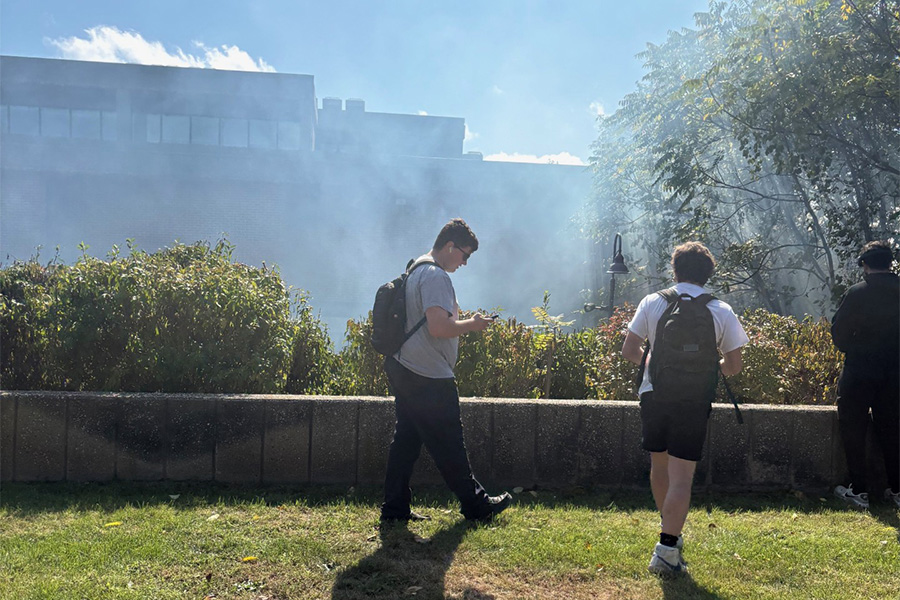

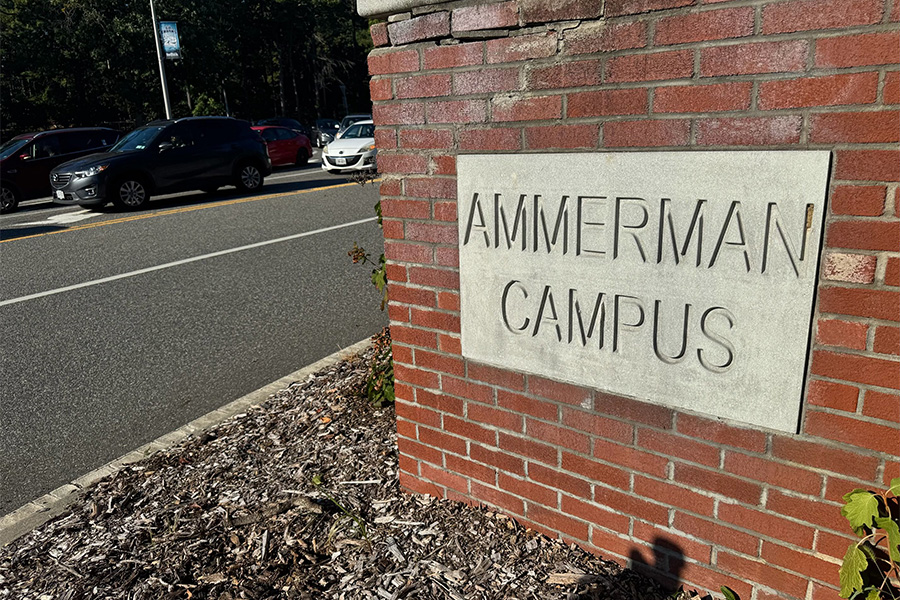




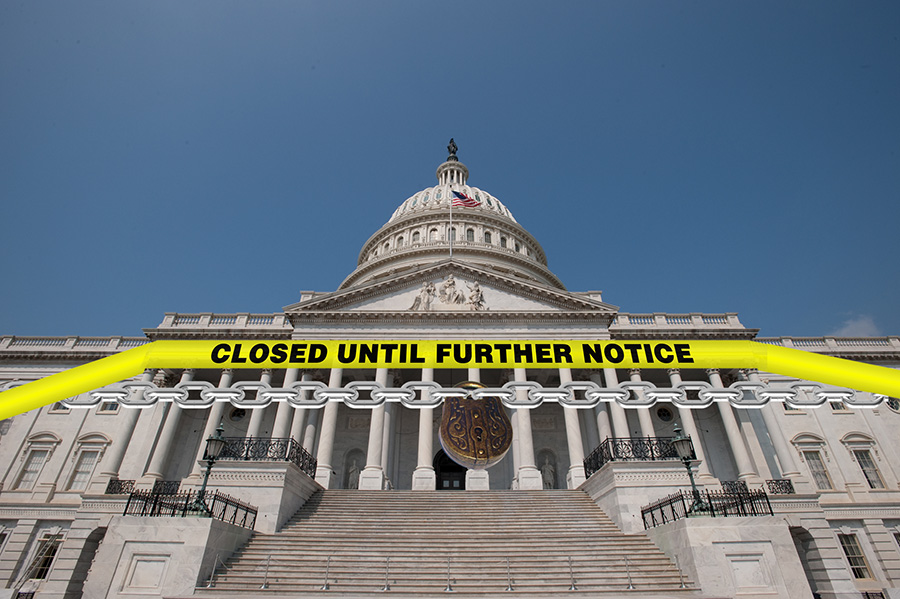

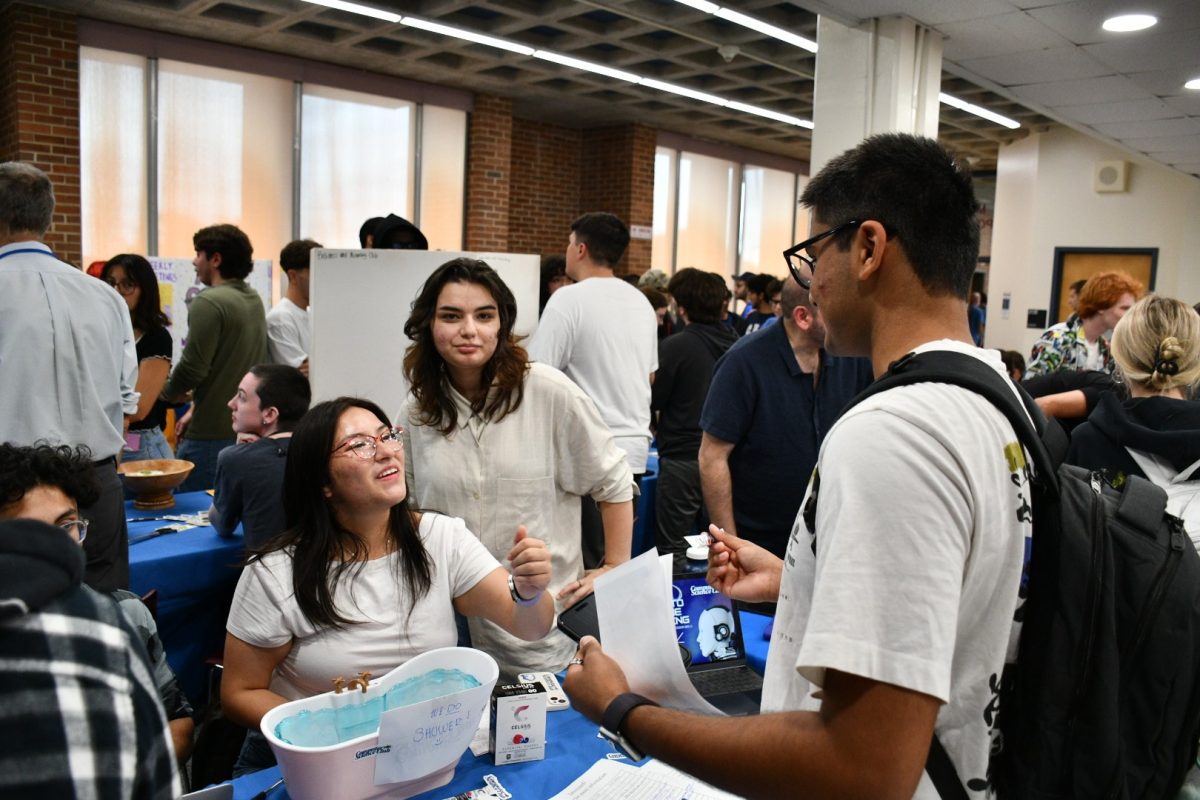





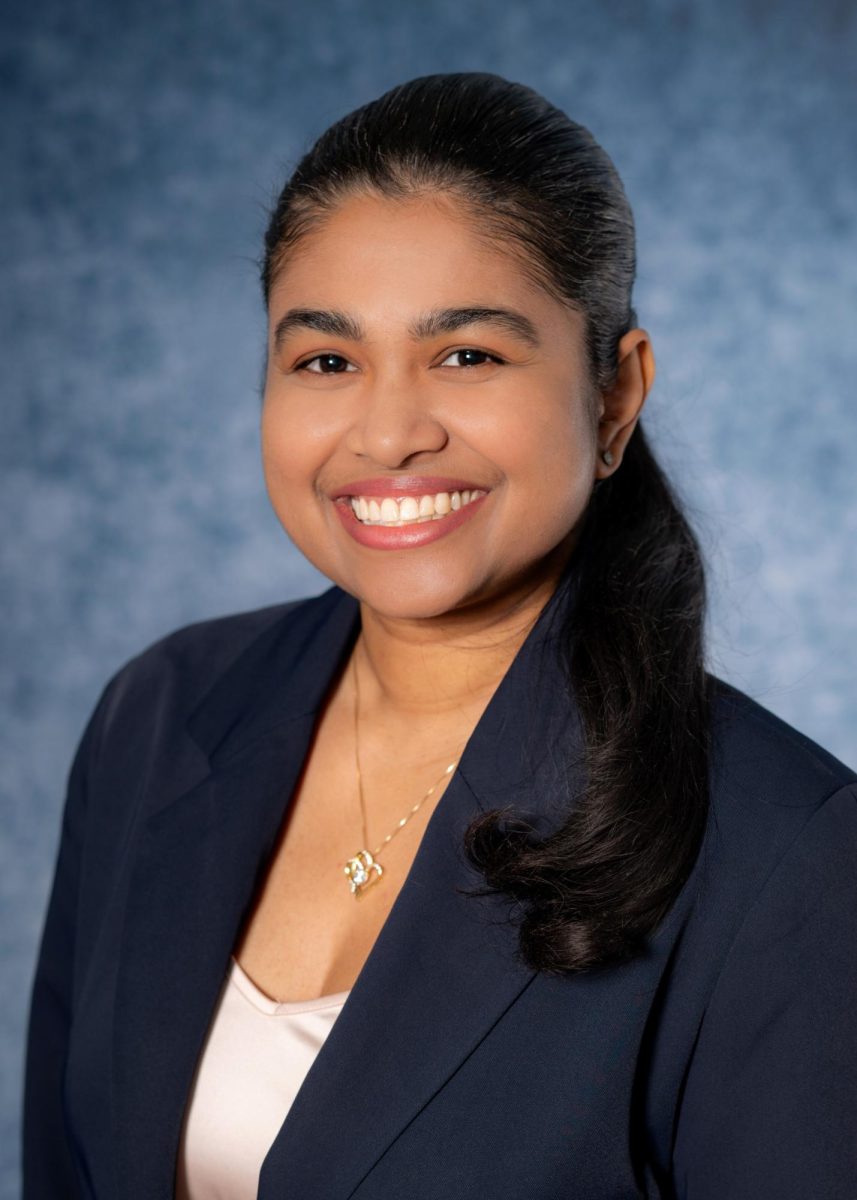







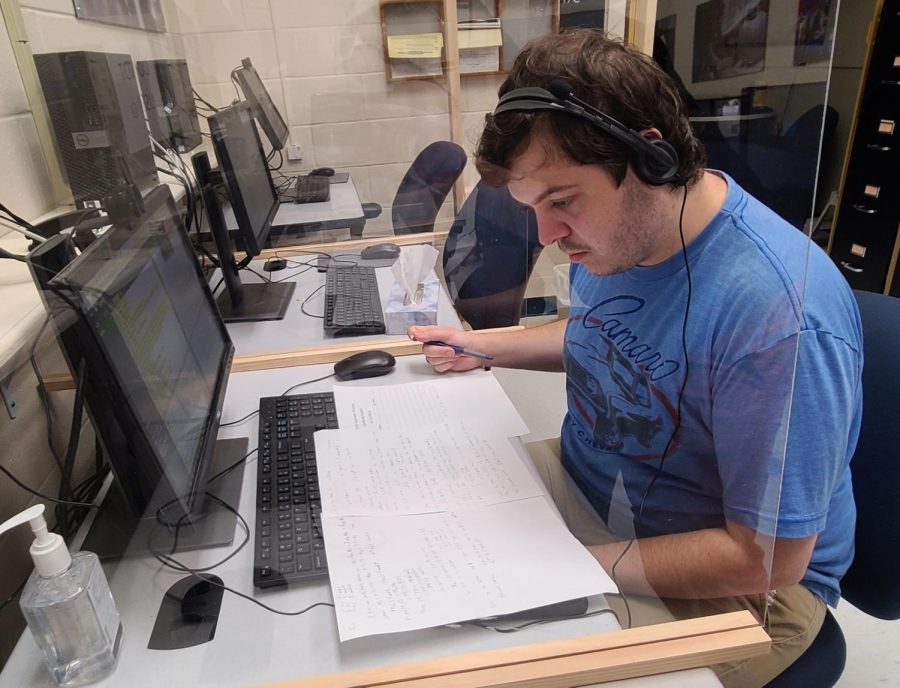


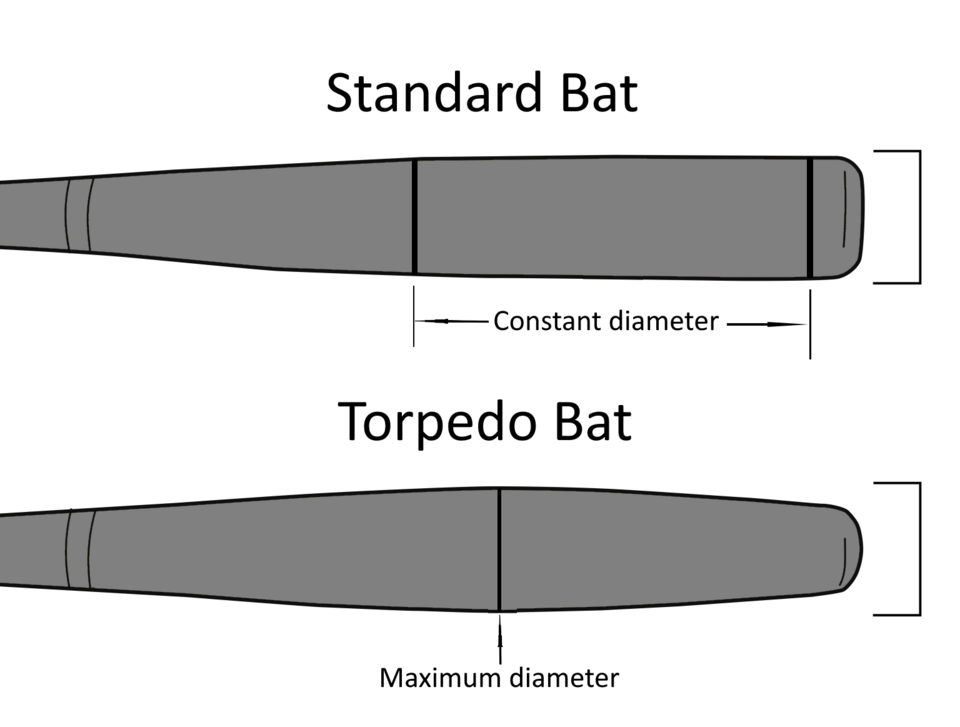



















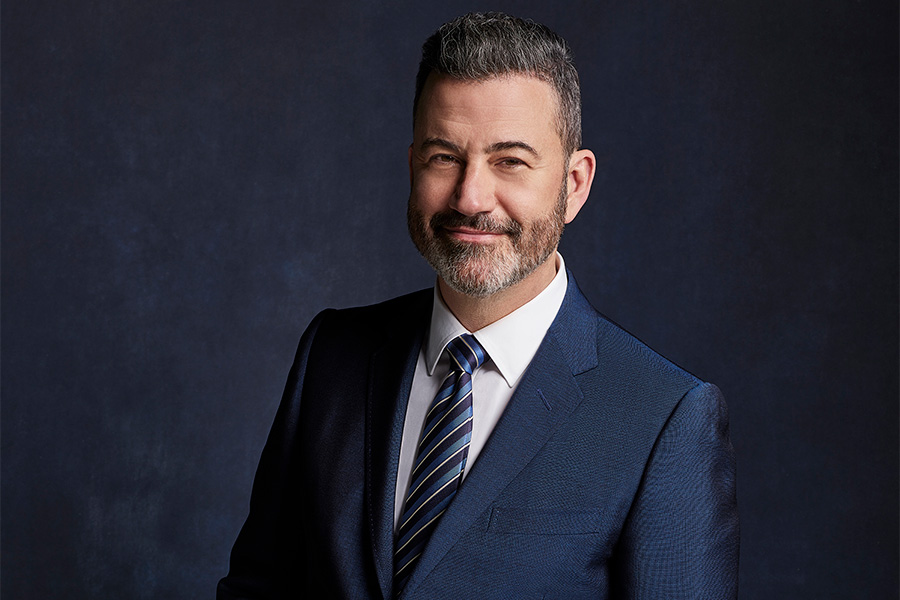




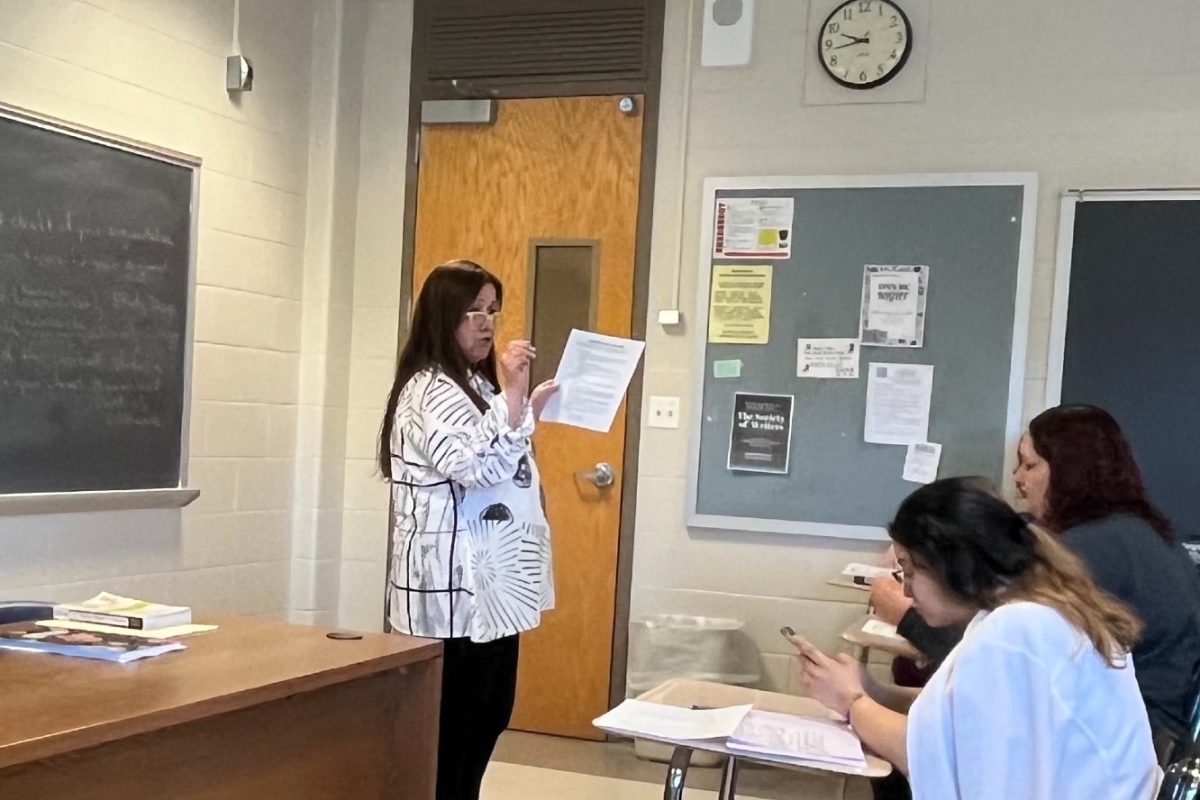

Ethan Rothburd • Apr 10, 2024 at 10:52 pm
Love the article. I agree, let’s get this done!
– Ethan Rothburd, Ammerman SGA President